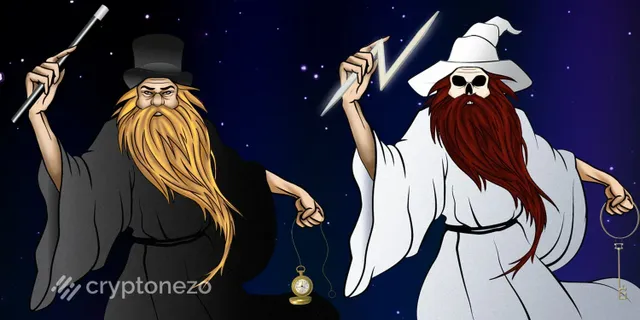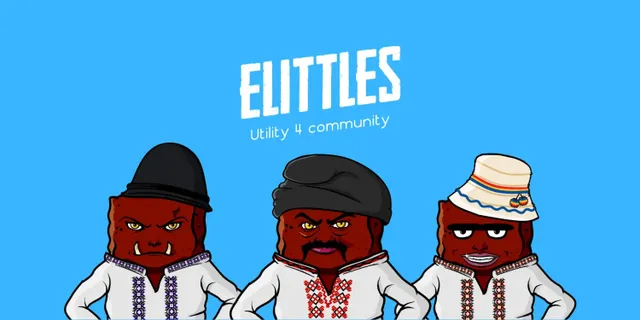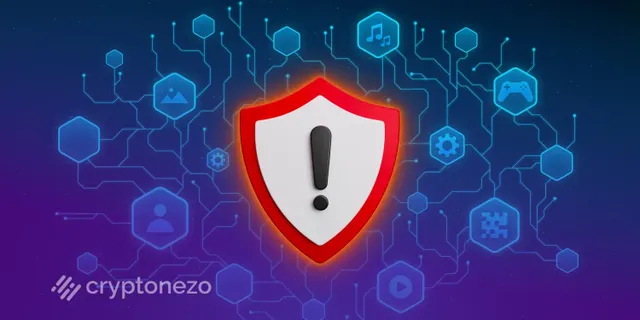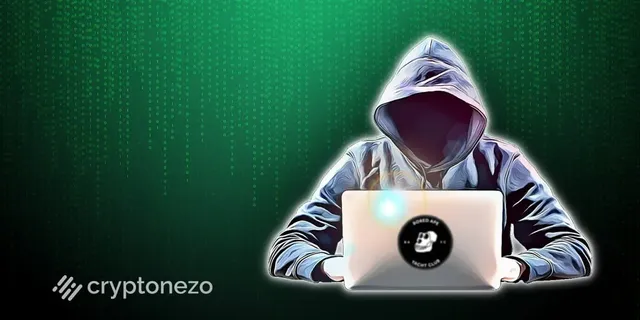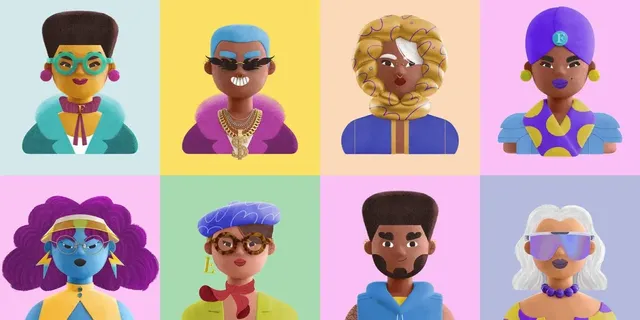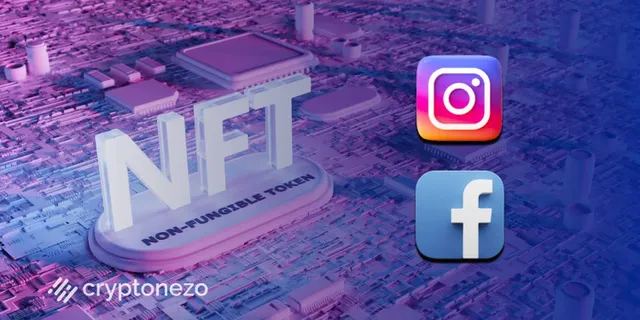What about NFTs, Ownership, Copyright and Commercial Use?
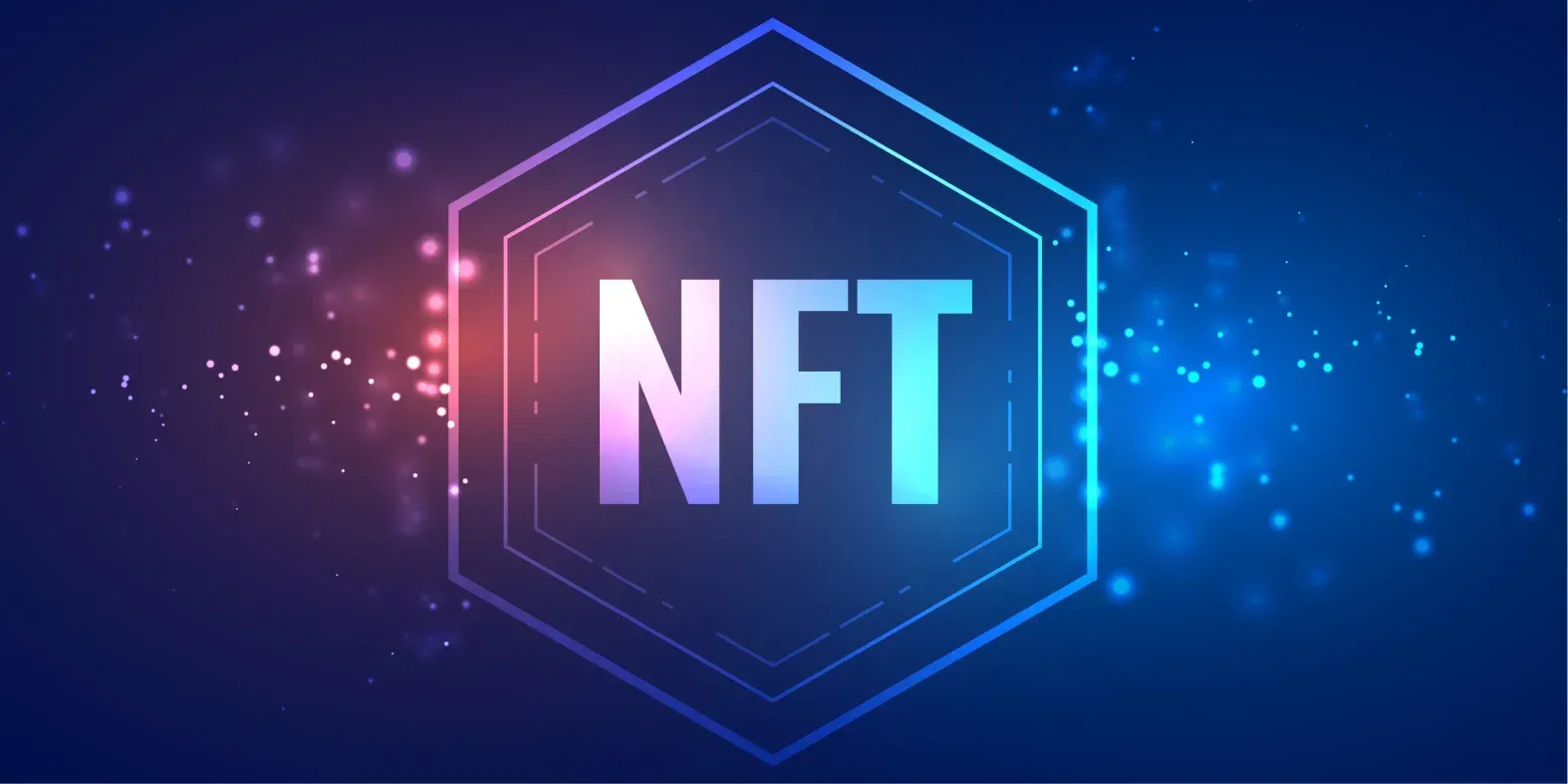
NFT projects granting full commercial use of their material is trending. At first, this sounds community friendly and appeals to ideals of decentralization, but upon deeper reflection, we have to ask if this isn't fraught with consequences. Clearly, the implications to the brand are greater than someone just owning the jpg and doing whatever they want with it.
People already have the ability to use art privately, say printing your own T-shirt or coffee mug, or using something like your personal profile pic freely. The laws protecting creative works come into play when people intend to use something for commercial purposes, or if they're claiming to be the creator of the artwork. When it comes to printing and selling the T-shirts, or using the images to represent your business, it's a different story when copyright protections are considered.
When it comes to the ideals of decentralization, allowing members of the broader community to freely use the artwork for their own commercial purposes can seem innocuous, but what does it mean for the community itself? Is it taking the idea of decentralization so far that the community loses its power to influence the direction of the brand? Does it undermine the community by giving the power to individuals to make fundamental choices about what the artwork is ultimately associated with?
You might ask "what's wrong with me using my NFTs for my own business interests and commercial uses when I paid for them?"
Let's play it out to see what the implications are
So we start with an NFT from a project that's allowed full commercial licence to its holders. You decide that it's perfect for the business you're starting and you plan to use it in your branding.
Questions to consider:
1) Does this use constitute a full transference of commercial rights or are some withheld by the original creators? Would the original creators have to ask for permission from the holders to use their artwork for merch? Would a holder have the right to make claims to profits from merch that has their NFT on it? How exactly does this affect the original creators' ability to use the image for their ongoing project development?
2) What if the NFT is lost or stolen and then resold? How does the original purchaser maintain their control over the image in the event of a loss? Do they lose the rights along with the NFT?
3) Can the rights to use the image commercially be separated from the holding of the NFT after the first sale? Say you build a business brand around the image, and so the original NFT gains value from this association, can you sell the NFT while retaining the rights to commercially use it in your branding?
4) Does the purchaser of the NFT gain the ability to make additional contracts for use by a third party?
5) What if another person with a similar NFT from the same collection opens a similar business? What if a large company buys a significant number of NFTs from the same collection, strongly associating themselves to it, overshadowing the individual smaller brand? Where does copyright infringement come into play?
6) What if a hate group buys one, and uses it in their propaganda, associating themselves with the NFT brand?
Ultimately copyright laws have grown to address these kinds of issues and situations. Is "decentralizing" the copyright ultimately tossing out carefully developed safeguards?
All of these situations can easily arise, in practice, things can get much more complex. Most of this can be resolved by the NFT creators retaining control of the brand through the copyright to the art. They can always grant commercial use to their holders on a case by case basis, allowing community involvement through voting, while preventing misuse and protecting the holders' investment in the NFT brand as well their commercial use interests.
Considering the resources many larger NFT collections have earned, they are better positioned to employ lawyers and legally defend the brand than an individual holder is. They have the inherent copyright protections and can much more easily defend them.
As individuals using NFTs in an "everything goes" environment, it can be difficult to protect the privileges of commercial usage in relation to others' equal rights.
When forming a community creators take on the responsibility to protect that community, which includes defending its members against foreseeable threats. One of the ways to do that is staying accountable and not throwing caution to the wind to appease trendy ideals, and just seeing what happens.
Don't forget to follow us @cryptonezo to stay updated with the latest blockchain and cryptocurrency news.

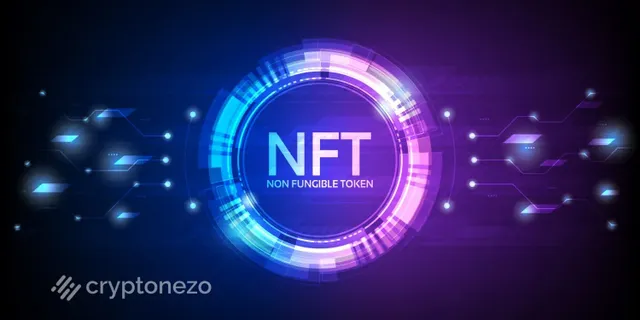



.webp)
